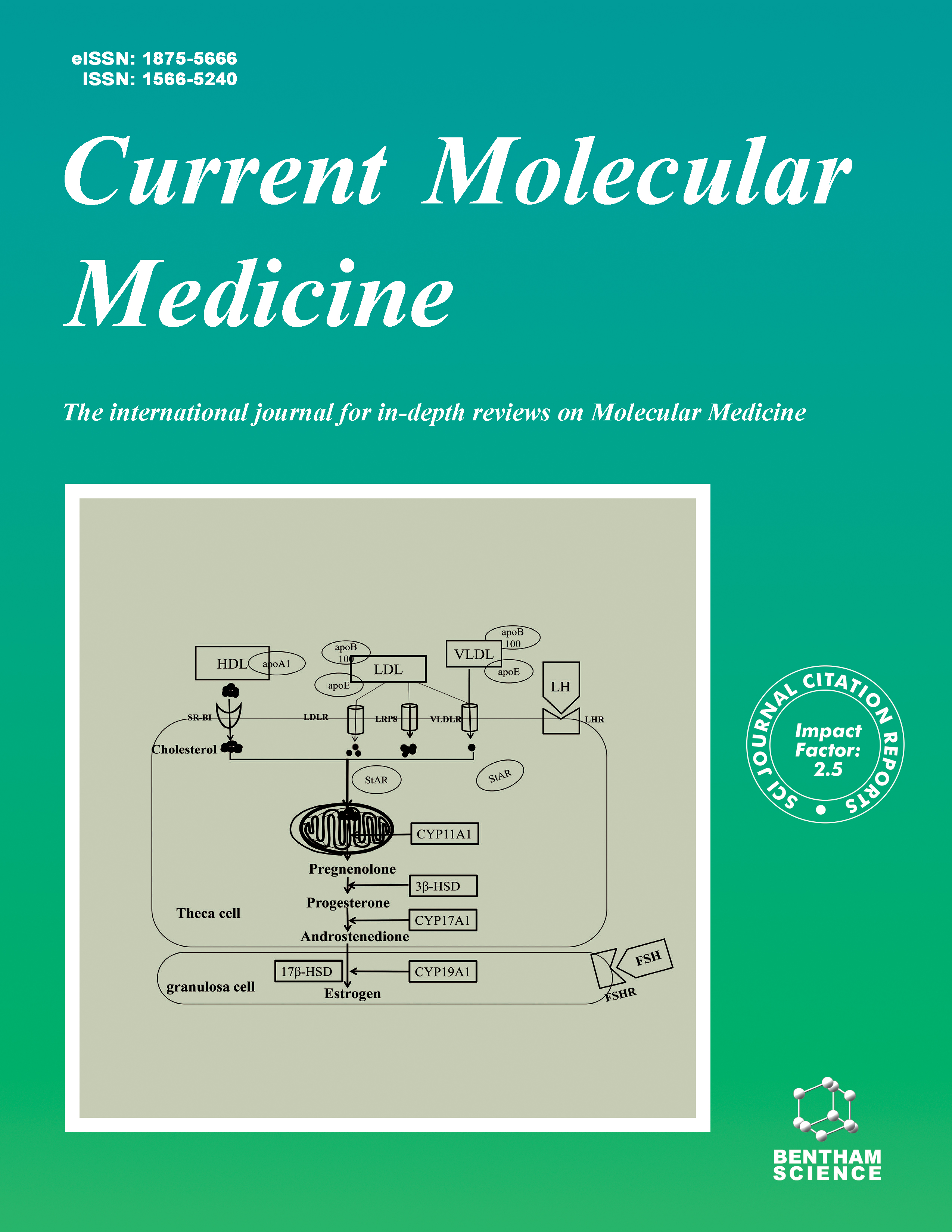
Full text loading...

Tuberculosis (TB) poses a serious public health risk and is a hot topic in the international health forums. Global health organizations emphasize the importance of effectively managing and eradicating TB. The emergence of drug-resistant TB and the elevated risk of hepatotoxicity associated with anti-TB medications have highlighted the need for reevaluation of existing TB drugs. These challenges have led to prolonged dosing schedules and increased dosages to combat resistance and effectively eliminate the disease. In India, the government revised the National Tuberculosis Control Program to address this growing concern. India is home to six well-established traditional medical systems: Ayurveda, Siddha, Unani, Yoga, Naturopathy, and Homoeopathy (collectively known as AYUSH). This review compares the effectiveness of traditional medicinal regimens with conventional TB treatment. Herbal extracts used in Ayurveda, Siddha, and Unani offer promising alternatives for TB treatment, potentially reducing hepatotoxicity and liver damage while combating antibiotic resistance. These natural remedies are generally safe for consumption in larger quantities, cost-effective to produce, and free from harmful toxins. The findings in this article provide scientific support for the anti-TB potential of the diverse medical systems recognized by India’s Ministry of AYUSH.

Article metrics loading...

Full text loading...
References


Data & Media loading...